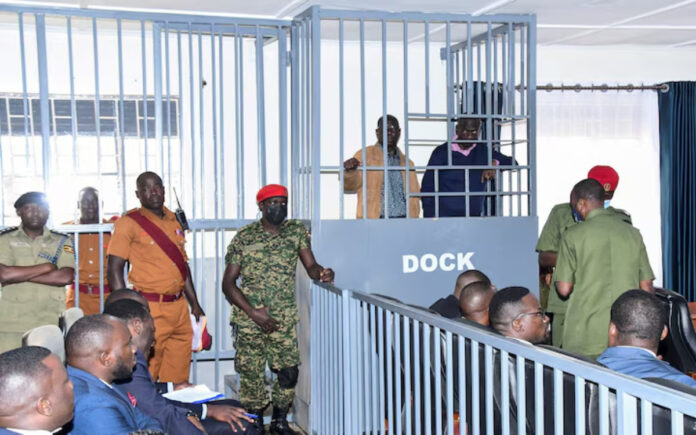Kampala: Ugandan President Yoweri Museveni has rejected a ruling by the country’s Supreme Court that prohibits the prosecution of civilians in military courts, vowing on Saturday that his government will continue the practice despite it being declared unconstitutional.
Supreme Court Ruling and Opposition Reactions
On Friday, Uganda’s Supreme Court ruled in a majority decision that military tribunals can no longer try civilians, ordering that all ongoing cases be transferred to civilian courts. The ruling was welcomed by human rights activists and opposition figures, including lawyers representing veteran opposition leader Kizza Besigye, who is currently facing charges in the country’s general court martial.
However, Museveni dismissed the decision, calling it flawed and asserting that military courts play a crucial role in maintaining stability, particularly in conflict-prone regions.
“The country is not governed by the judges,” Museveni said in a statement on Saturday. “The military courts helped us to discipline Karamoja. We cannot and will not abandon this useful instrument for stability.”
Karamoja, a region in northeastern Uganda, has struggled with armed violence and cattle rustling, and Museveni credited military tribunals with helping to restore order there.
Military Courts as a Political Tool
Human rights groups and opposition leaders have long accused Museveni’s government of using military courts to suppress political dissent. Unlike civilian courts, where judges operate independently, military tribunals are overseen by officials appointed by the president, raising concerns over impartiality.
Prominent opposition figures, including musician-turned-politician Bobi Wine, have previously faced military trials. Wine was charged in a military court with weapons offenses in what his supporters decried as an attempt to silence him.
Besigye, one of Museveni’s most prominent critics, was detained in Kenya in November and brought back to Uganda to face charges related to weapons and national security in the general court martial. He has remained in detention since. Following Friday’s ruling, his lawyers said he would no longer appear in the military court as scheduled on Monday.
Also Read | Three Israeli Hostages, 183 Palestinian Prisoners Freed in Gaza Swap
Museveni’s Political Future
Museveni, who has ruled Uganda since 1986, has not officially declared whether he will seek re-election next year, though many expect him to do so. His government has faced growing criticism from opposition groups and civil society over crackdowns on political opponents and restrictions on freedoms.
While the Supreme Court ruling marks a significant step in challenging the use of military courts against civilians, Museveni’s defiance signals continued tensions between the judiciary and the executive, raising questions about the enforcement of the court’s decision.



